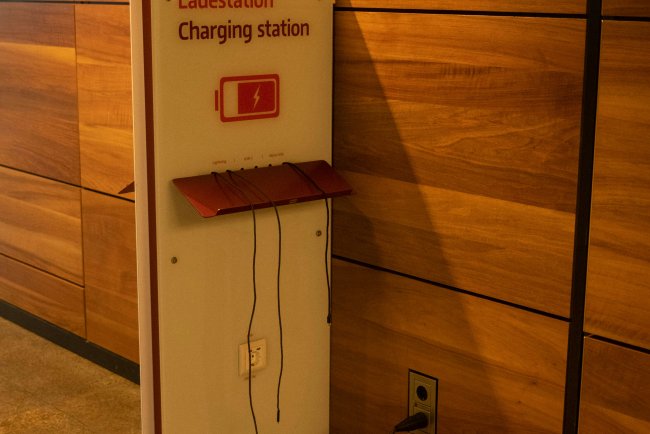This site uses cookies. By continuing to browse the site you are agreeing to our use of cookies Find out more here
Category: Plumbing & Electrical Basics
DIY Charging Station to Declutter Your Cables
Learn detailed DIY solutions to create a charging station that organizes all your devices, manages cables, and declutters your wor...
Plumbing & Electrical Basics
Understanding basic plumbing and electrical systems is essential for every homeowner. While major repairs should always be handled by professionals, having a general knowledge of these systems helps you prevent small issues from becoming major problems. Knowing how your home’s plumbing and electrical setups work also gives you confidence when troubleshooting minor issues, performing regular maintenance, or communicating with contractors. From shutting off the main water supply to resetting a circuit breaker, these simple skills can save time, money, and stress while keeping your home safe and functional.
Plumbing basics start with understanding your home’s water supply system. Every homeowner should know where the main water shut-off valve is located, as turning it off during leaks or pipe bursts can prevent extensive water damage. Familiarity with sink shut-off valves, toilet float adjustments, and basic drain maintenance is equally important. Learning how to use a plunger, a drain snake, and simple tools like a pipe wrench can help you handle minor blockages without calling a plumber. Regularly inspecting pipes for leaks and insulating exposed pipes in winter also protects your plumbing system from costly repairs.
Preventive plumbing maintenance is just as important as repairs. Clogged drains, leaky faucets, and low water pressure are often caused by neglect. Using drain strainers to catch hair and debris, cleaning faucet aerators, and checking under sinks for leaks are simple habits that keep your plumbing running smoothly. Water heaters also need regular maintenance, such as flushing the tank annually to prevent sediment buildup. Staying proactive helps avoid emergencies and extends the life of your plumbing system, saving you from unexpected expenses.
Electrical basics start with your home’s breaker box, often called a circuit panel. Knowing how to reset tripped breakers and replace blown fuses is a fundamental skill. Labeling your circuits helps you quickly identify which breaker controls which area of the house. You should also understand the difference between standard outlets, GFCI outlets (commonly found in kitchens and bathrooms), and AFCI breakers, as these devices protect you from shocks and electrical fires. Testing outlets and switches regularly ensures your electrical system is functioning safely.
Safety is the top priority when working around electrical systems. Always turn off power at the breaker before working on outlets, switches, or light fixtures. Use a voltage tester to confirm power is off, and never overload circuits with too many appliances. Extension cords should only be used temporarily, and damaged cords or plugs should be replaced immediately. Understanding these basic safety practices significantly reduces the risk of electrical fires and injuries while giving you confidence in handling small tasks around your home.
Some basic electrical maintenance tasks include replacing light fixtures, switches, and outlets, as well as installing smoke detectors and carbon monoxide alarms. These projects are generally safe for homeowners with the right precautions, but larger projects—like wiring new circuits or replacing panels—should be left to licensed electricians. Similarly, plumbing repairs involving sewer lines, gas water heaters, or pipe replacements should be left to professionals. Knowing when to call an expert is an essential part of being a responsible homeowner.
Learning plumbing and electrical basics not only empowers you but also helps you maintain your home more effectively. With a little practice, you’ll be able to troubleshoot small issues, prevent costly repairs, and ensure your home remains safe and functional. Even if you never plan to do repairs yourself, understanding your home’s systems makes it easier to work with contractors and make informed decisions about maintenance. This knowledge turns homeownership from a stressful responsibility into a rewarding experience where you feel in control of your home’s safety and comfort.







